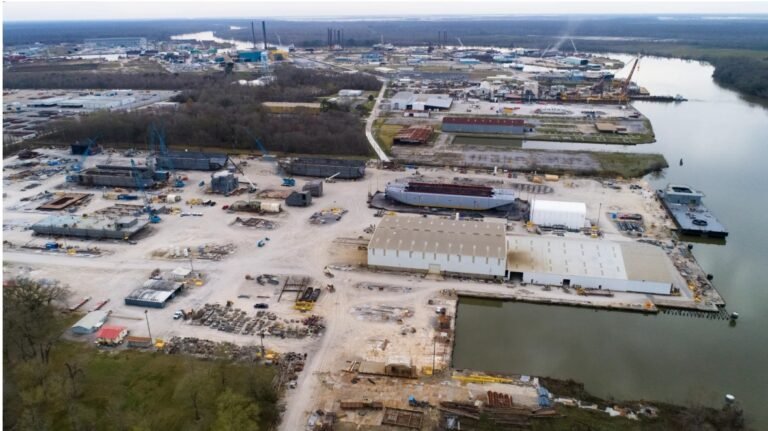
Why Canada Must Act Now to Lead in Autonomous Vessel Production
In September 2025, Axios reported that Blue Water Autonomy, a Massachusetts-based startup, has partnered with Conrad Shipyard in Louisiana to begin full-scale production of autonomous
Built and backed by serial technologists, scientists and researchers
One of the world’s first and leading autonomous oil skimming technologies
Internationally recognized, award-winning engineering
Reduce fines and water rehabilitation costs by 10x.
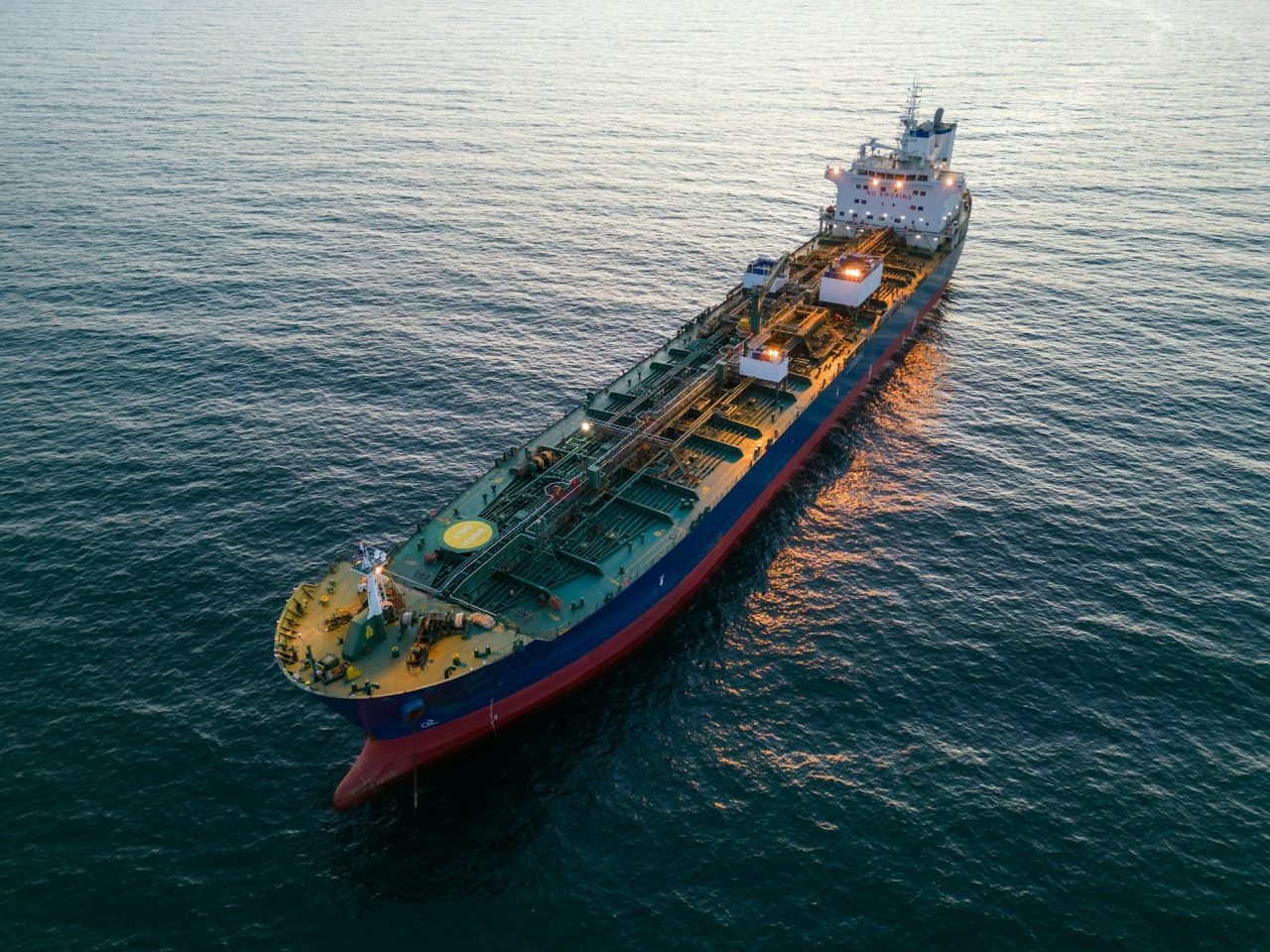
Our solution tackles oil spills and broader marine pollution like plastics and chemicals.








With 8 million metric tons of plastic entering the oceans annually, our autonomous devices can play a vital role in cleaning up both plastics and other types of waste, benefiting the tourism and agriculture sectors by improving ocean health.
Our devices harness wave energy, a renewable source, to generate electricity, potentially supplying over 10% of global electricity demand. This sustainable energy feature reduces reliance on fossil fuels, making our solution even more eco-friendly.
Our new patent includes a modular system capable of gathering microplastics, seaweeds, garbage, and various chemicals, purifying water for a cleaner and healthier environment.
Our autonomous, portable boats are equipped with proprietary nano-filters that efficiently separate oil from water. The recovered oil is then stored in pre-installed tanks on the device for later extraction.
We reduce operation costs by 20% to 40% and decrease fines by more than 10 times through immediate response. Rehabilitation costs are also minimized by reducing further refining needs.
Our solution not only addresses oil spills but also targets broader marine pollution, including plastics, seaweeds, and various chemical contaminants, contributing to ocean clean-up and ecosystem preservation.
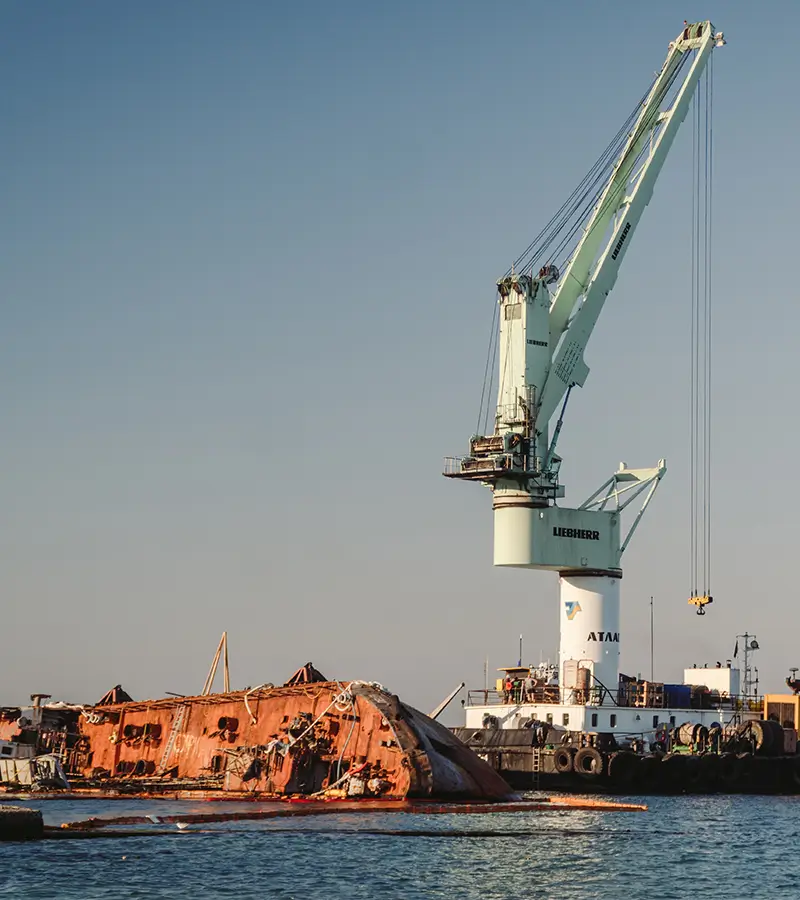
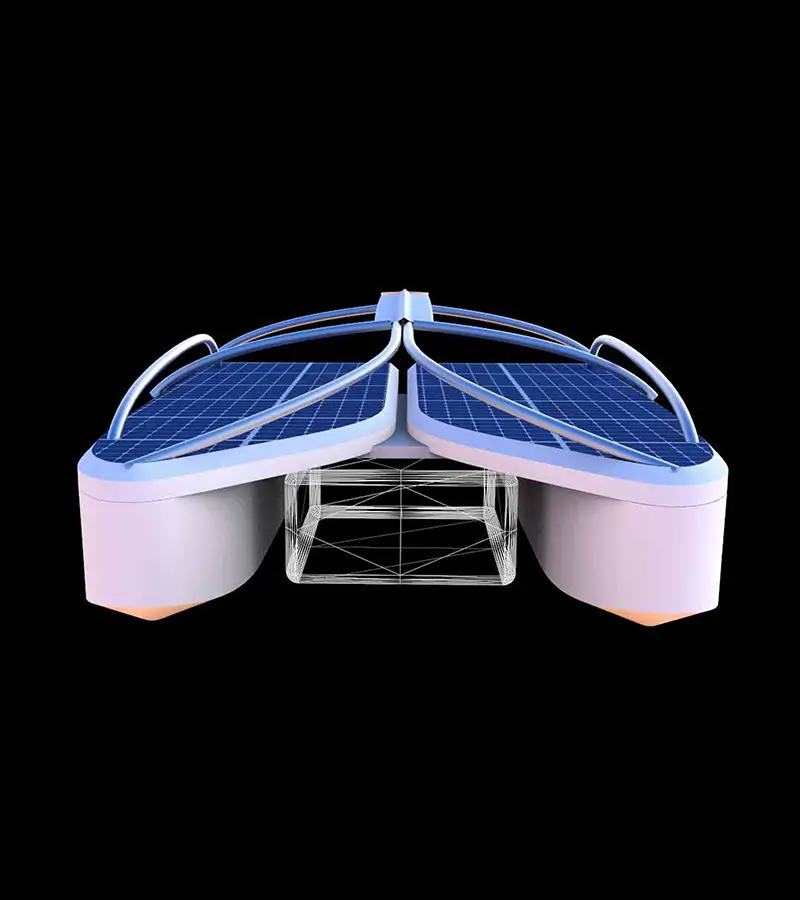


In September 2025, Axios reported that Blue Water Autonomy, a Massachusetts-based startup, has partnered with Conrad Shipyard in Louisiana to begin full-scale production of autonomous
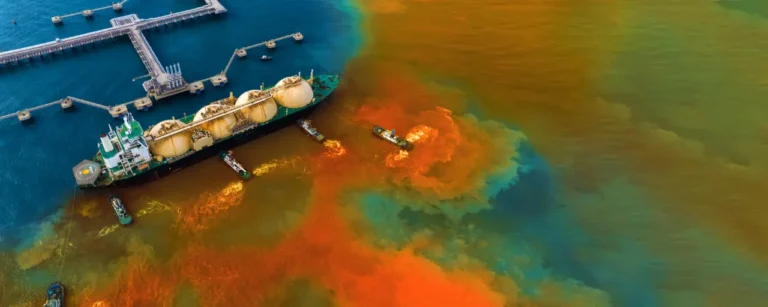
Oil spill response technology is under growing scrutiny. Despite decades of investment, the disasters of the past year show that conventional methods are too slow,

_______ With a coastline spanning over 243,000 km and a border shared with the United States spanning nearly 9,000 km, Canada is obligated to develop

Autonomous maritime systems are no longer experimental—they are shaping the frontlines of conflict
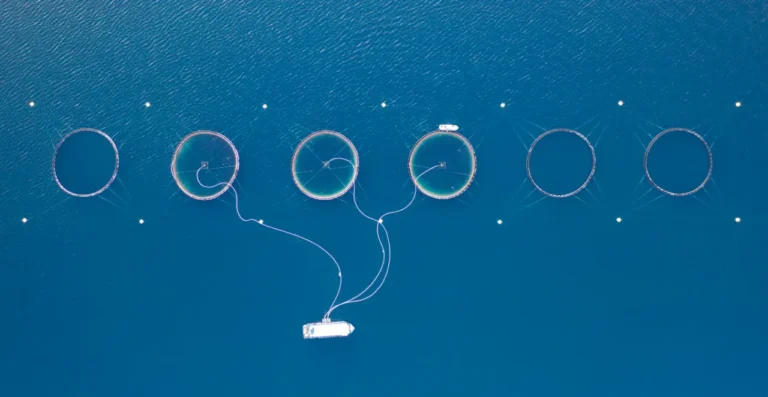
Explore the future of ocean cleanup technologies and how Clean Oil International is leading the charge in sustainability and innovation.
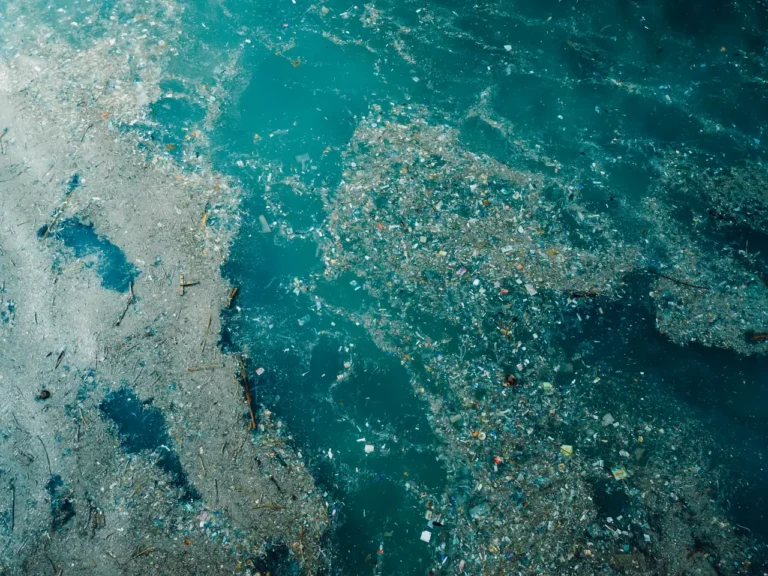
Learn how Clean Oil International is addressing marine pollution, including plastics, with innovative technology and sustainable practices.